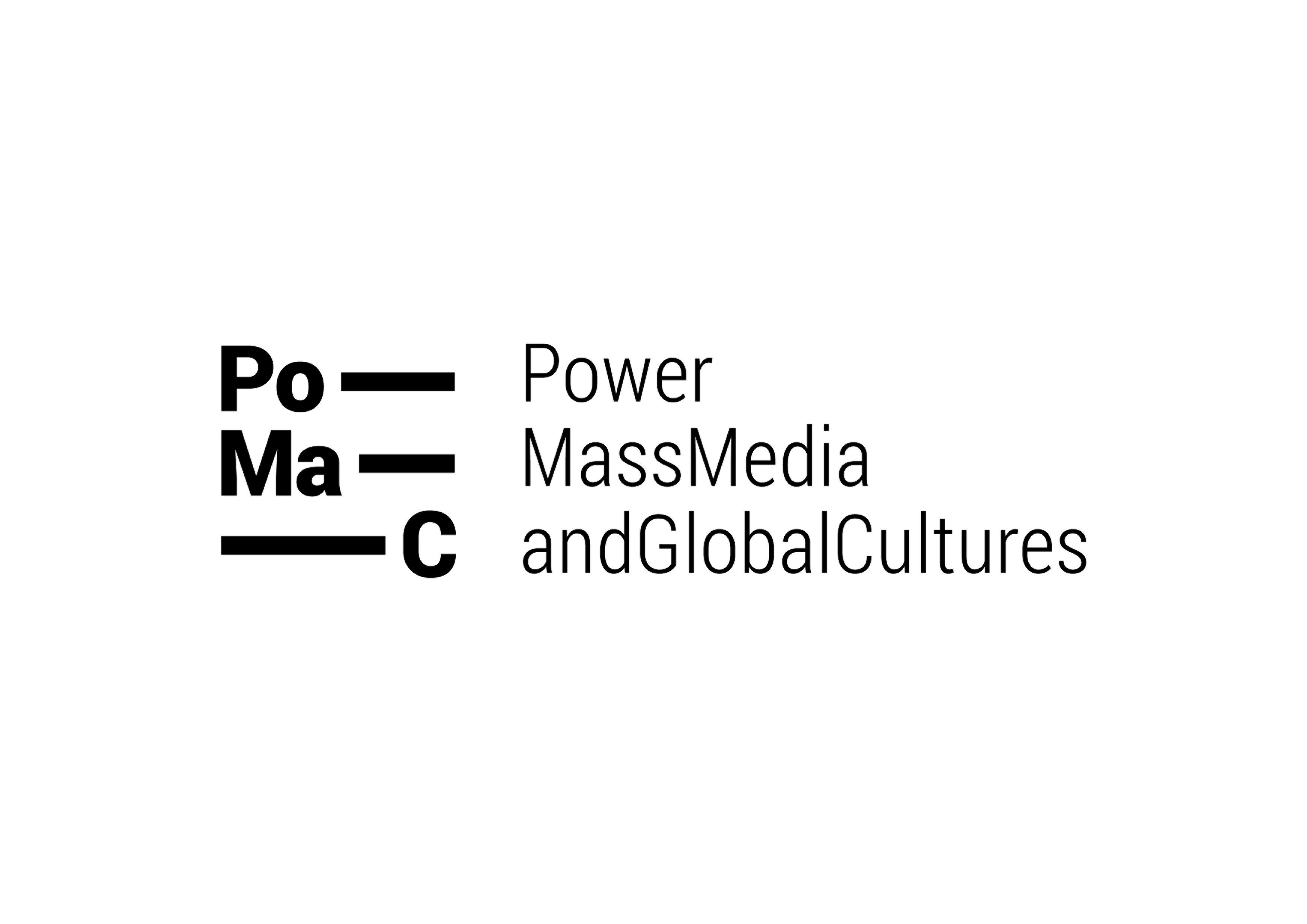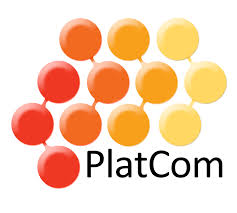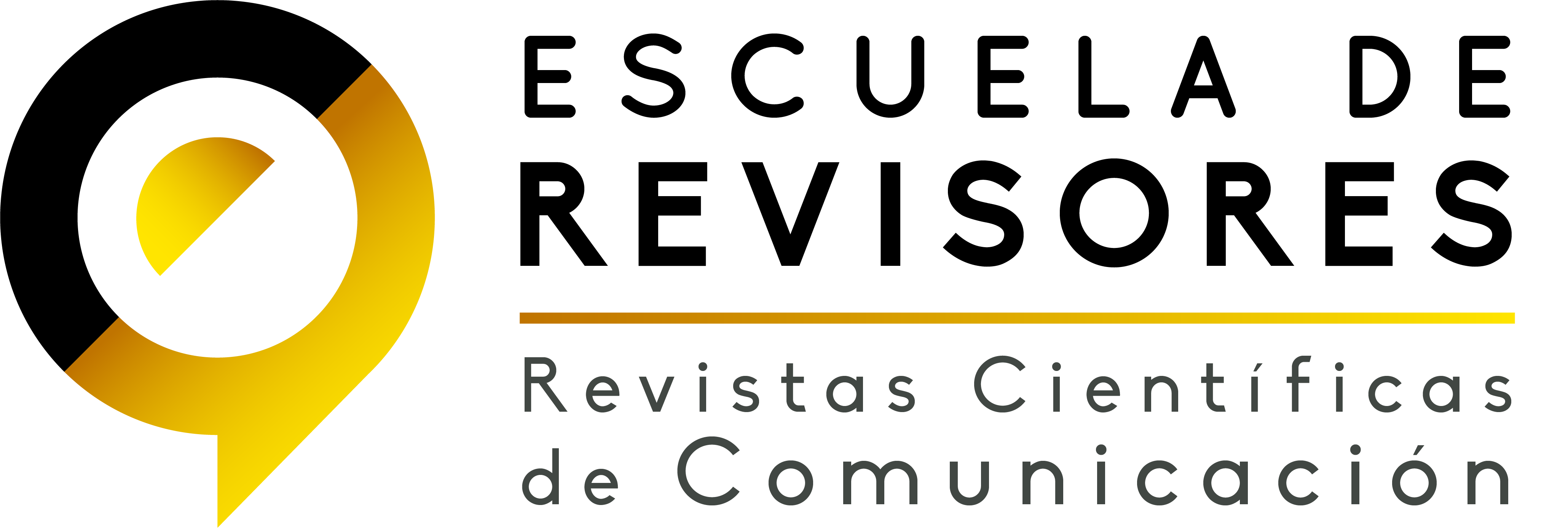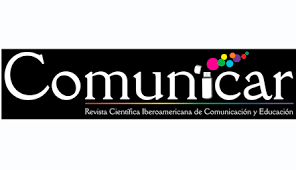Peer review
Double-Blind Review Process
All contributions are subject to a blind peer review process. All submitted work must not have been published elsewhere or be currently under review for any other publication. All submissions (with the exception of book reviews) are initially evaluated carefully by the editors of the journal. The manuscripts passing the initial review will undergo peer-review.
After the plagiarism check, the editor-in-chief evaluates the eligible manuscripts, especially in terms of originality, methodology, the importance of the subject matter, and compatibility with the journal’s scope. Then, the editor-in-chief submits the manuscripts that meet the formal requirements to at least two referees from Spain and/or abroad for a fair double-blind review. Finally, the editor-in-chief approves the publication of the manuscript after the changes deemed necessary by the referees are made by the author(s).
-
The system’s double-blind peer review preserves the authors' anonymity and assessors' review throughout the process.
-
The reviews (free shipping) and essays (by invitation) will be indexed and reviewed by the editorial team.
-
The review process is carried articles with the software Open Journal System (OJS) which ensures an automated and auditable electronic record of all interactions. This transparent process enables the improvement of the texts where publication is viable.
-
The review process takes an average of 3-6 weeks unless incidents. Evaluators receive the request for evaluation with a suggested term commitment is requested to avoid delays.
-
The review process is agreed with the other communication journals associated with Latin Platform of Communication Journals (PlatCom).
-
This journal uses Open Journal Systems, open source journal management and publishing software developed, supported, and freely distributed by the Public Knowledge Project under the GNU General Public License.
-
The review criteria are also shared with the other members' Magazines Communication Platform.
-
The criteria are: originality, novelty, currency, interest, quality, and methodological rigor and relevance.
-
In short, when the text is received, the designated person editorial board performs a desk review to check the magazine's theme and the formal rules. Once accepted, the editorial team omitted information about the authors and sent it to two reviewers, doctors, and experts in the field not belonging to the institution of origin of the authors. When two positive reports are obtained, it shall notify the author was formally revised, modeled, and proceed to the article's publication; otherwise, it is rejected, giving reasons. Of course, the author can always exercise their right of complaint in writing to the magazine's editor.
- Interactions editor-author:
-
Acknowledgment of the text, transfer of rights, and ethical commitment.
-
Shipping acceptance for review.
-
Double evaluation results.
-
Posted statement.
-
Invitation to broadcast networks and other strategies.
-
Interactions editor-reviewer: application for review with suggestions of the term; acknowledgment of acceptance of the review and shipping documentation and access to the electronic platform for revision; acknowledgment of the evaluation; whether the editorial decision is "publication with major modifications" text forwarding grinding at the same evaluator and request second report; certification of collaboration.






